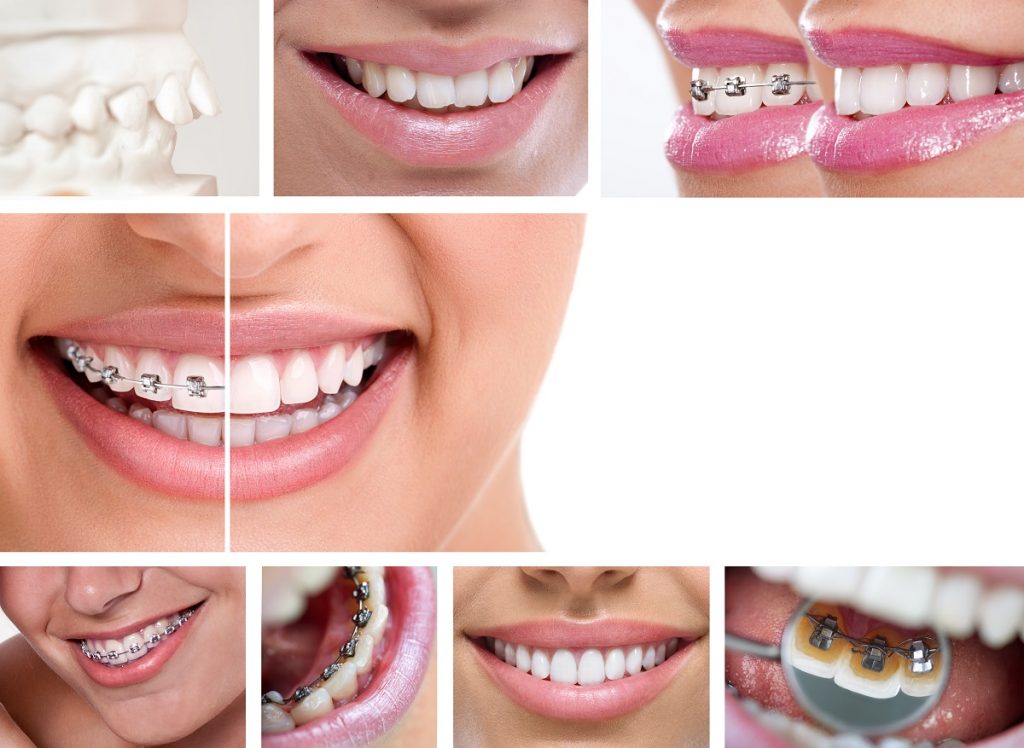Proper dental care remains crucial for many Americans, especially as the global pandemic rages on. While most dental clinics have reopened as vaccine rollout programs continue, some dentists limit their services to attend to urgent dental treatments. This means that maintaining oral health at home is still very much advised.
Virtual and remote medicine is expected to be one of the biggest healthcare trends of the year. Online health consultations surged over the past year as government restrictions like lockdowns and shelter-in-place measures persisted. The same is true for oral health, despite the many technological advancements in dentistry such as digital orthodontics.
Daily Smiles
Good oral health takes a lifetime to achieve. Taking care of your oral health is still very relevant even within the context of the global pandemic. In fact, the current health crisis should push you to adopt better oral practices at home to keep your mouth clean and healthy.
As your family continues to spend more time at home, it’s important for you to advocate for better daily habits around oral hygiene. Taking the right steps day after day can go a long way in mitigating dental problems. Here are some of the simplest ways to keep everyone’s teeth healthy.
Just Before Bedtime
Almost everybody has been taught to brush their teeth at least twice a day. However, most people still forget to brush their teeth before going to bed. Always be mindful of brushing your teeth at night since this is a crucial time for you to clean your mouth.
Brushing at night can easily get rid of all the plaque, germs, and bacteria that have accumulated in or around your mouth throughout the day. If all of this buildup remains on your teeth for a long period of time, it can cause significant dental problems.
Brush the Right Way
The way you brush your teeth also matters in maintaining good oral health. Brushing your teeth can seem like such a mundane task, which exactly why most people fail to do it correctly. Needless to say, there is a proper way of brushing teeth.
Just because you’ve gone through every nook and cranny in your mouth doesn’t mean that you’re already done. It’s important to brush for at least two minutes, moving your toothbrush in circular motions. This will effectively get rid of any debris. Gently brush your tongue as well since it can also accumulate plaque.
Dental Essentials
There isn’t that much of an extensive selection for dental products, but choosing the right ones can significantly lead to healthier teeth. For instance, it’s been observed that an electric toothbrush does a better job of cleaning your teeth and mouth compared to a manual one.
Moreover, sometimes people would often consider whitening capability or taste when choosing a toothpaste. The most important element for any toothpaste is its fluoride content, which provides your teeth with a protective barrier against plaque and germs.
Mouthwash is also a good addition to your dental arsenal. It helps keep your teeth clean and healthy, but it shouldn’t be a substitute for brushing. There are also plenty of mouthwash brands that contain fluoride; make sure to use them after you’re done brushing your teeth.
The In-between

Flossing is also another habit that people seem to neglect, but doing this at least once a day can present numerous benefits. Aside from removing any debris stuck between your teeth, flossing can also stimulate the gums the lessen the risk of inflammation.
One of the main reasons some people don’t floss is its difficulty, especially for younger children and older adults. However, there are lots of ready-to-use dental flossers widely available in drugstores.
Conscious Eating
It should come as no surprise that observing a proper diet can help you achieve better oral health. For instance, consider limiting your intake of sugary and acidic foods because they can cause the erosion of enamel, which is the main cause of cavities.
You don’t necessarily have to remove them from your diet completely. Simply cutting back can prove to have a lot of benefits. Incorporate more water and crunchy fruits and vegetables into your daily diet to improve oral health.
Dental Care Starts at Home
Poor dental conditions can also be associated with chronic diseases like diabetes or heart disease. Moreover, the pandemic has caused indirect effects on people’s oral health. Increasing anxiety levels have resulted in a surge of grinding teeth cases.
While dental care at home is being promoted, it’s still important to know when to visit a dentist. Experiences of oral pain may indicate an infection, which has to be addressed by a professional. On rare occasions, oral problems can also lead to life-threatening emergencies like difficulty in breathing or swallowing.
Proper home care for oral health is more important than ever since it serves as your first line of defense against dental problems. Consider improving your dental habits and always practice good oral hygiene, especially as you remain at home.

